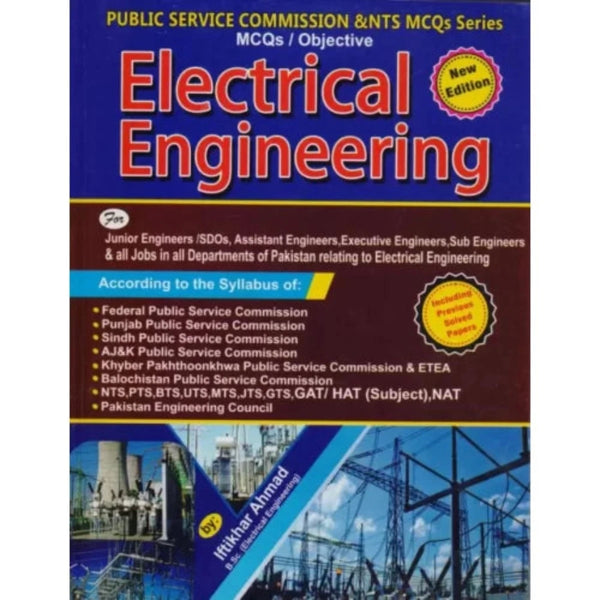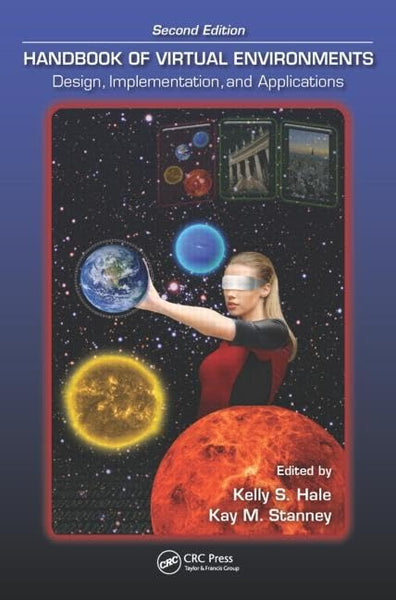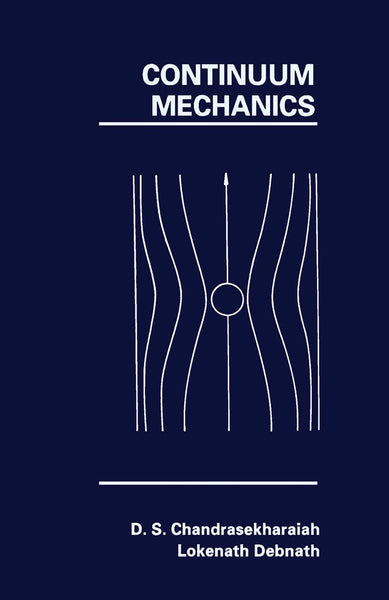Electronic Waste Pollution Environmental By Muhammad Zaffar
- Publisher: ENGINEERING
- Availability: In Stock
- SKU: 49352
- Number of Pages: 557
Rs.1,050.00
Rs.1,495.00
Tags: affordable prices , best books , best books online , best online store , Best Practices Sharing , Best Price , best prices , Best Selling Books , best shop , BestBuy’s , Book Shop , Book shopping , bookshop , bookshop Multan , bookshop near me , bookshop online , bookshop online Multan , bookshopPakistan , buy online books , Circular Economy , Community Health , Consumer Electronics , Convenient Shopping , Developing Countries , digital shopping , E-Waste Definition , Economic Viability , Education Campaigns , Electronic Devices , Electronic Waste , End-of-Life Disposal , Environmental Conservation , Environmental Contamination , Environmental Impact , Environmental Legislation , Environmental Policies , Environmental Sustainability , Extended Producer Responsibility , Global Trends , good books , good books online , good booksonline , Green Future , Hazardous Materials , Health Protection , Health Risks , Hydrometallurgical Processes , Informal Recycling Sector , Innovation in Recycling , Internet Shop , Largest Online Bookstore in Pakistan , one stop shop , online , Online Book Shop , ONLINE BOOKS , Online Books Shop , online books store , Online Bookshop , Online Bookshop Pakistan , online bookstore , online shop , online shopping , Online Shopping Pakistan , onlinebooks , OnlineShoppingPakistan , Pakistan Bookshop , PakistanBookshop , PakistanOnlineShopping , Policy Implementation , Precious Metals Recovery , price cut , price-friendly Comprehensive , Public Awareness , Public Health , Pyrometallurgical Processes , Rare Earth Elements , ReasonablePrice , Recycling Technologies , reduced price , Repair and Reuse , Resource Recovery , secure shopping , Shopping , ShopSmartPakistan , Sustainable Development Goals , Sustainable Practices , Technological Advancements , Toxic Substances , Treatment Technologies , Virtual Shop , Waste Collection Systems , Waste Disposal Methods , Waste Management , Waste Reduction
Electronic waste pollution is a rapidly growing environmental issue caused by the improper disposal and management of electronic devices. The accumulation of e-waste leads to the release of toxic substances, which can have detrimental effects on the environment and human health. Effective treatment technologies and sustainable management practices are essential to mitigate the impact of e-waste pollution.
Key Points
1. Definition of Electronic Waste
Electronic waste, or e-waste, refers to discarded electrical or electronic devices and equipment. It includes items such as computers, mobile phones, televisions, and household appliances that are no longer in use or have reached the end of their life cycle.
2. Environmental Impact
E-waste contains hazardous materials like lead, mercury, cadmium, and brominated flame retardants. When improperly disposed of, these substances can leach into the soil and water, causing environmental contamination and posing serious health risks to living organisms.
3. Human Health Risks
Exposure to toxic elements found in e-waste can lead to various health problems, including respiratory issues, neurological damage, and cancers. Workers in informal recycling sectors are particularly at risk due to unsafe handling practices and lack of protective measures.
4. Global Generation Trends
The volume of e-waste generated globally is increasing at an alarming rate due to rapid technological advancements, shorter device life cycles, and consumer demand for new products. Developing countries often bear the brunt of e-waste dumping from developed nations.
5. Regulatory Frameworks
Effective e-waste management requires robust regulatory frameworks at both national and international levels. Policies such as extended producer responsibility (EPR) mandate manufacturers to take responsibility for the entire lifecycle of their products, including end-of-life disposal.
6. Recycling Technologies
Advanced recycling technologies are crucial for the efficient recovery of valuable materials from e-waste. Techniques like hydrometallurgical and pyrometallurgical processes enable the extraction of precious metals and rare earth elements, reducing the need for virgin resources.
7. Informal Recycling Practices
In many developing countries, informal recycling practices are prevalent, where unregulated operations dismantle and process e-waste using primitive methods. This leads to significant environmental pollution and health hazards for workers and nearby communities.
8. Sustainable Management Practices
Adopting sustainable management practices involves reducing e-waste generation through design for environment (DfE) principles, promoting repair and reuse, and improving collection and recycling systems. Public awareness and education campaigns are also essential.
9. International Cooperation
Addressing e-waste pollution requires international cooperation and collaboration. Global initiatives and partnerships can help standardize regulations, share best practices, and provide technical and financial support to countries struggling with e-waste management.
10. Future Perspectives
The future of e-waste management lies in the development of innovative technologies, circular economy models, and stronger policy enforcement. Research and development efforts should focus on creating environmentally friendly and economically viable solutions for e-waste treatment.
Effective management of electronic waste pollution is critical to protecting environmental and human health. By implementing advanced recycling technologies, sustainable practices, and robust regulatory frameworks, we can mitigate the adverse impacts of e-waste and promote a more sustainable future.
════ ⋆★⋆ ════
Writer ✤ Muhammad Zaffar & Hashmi Ajit Varma

























